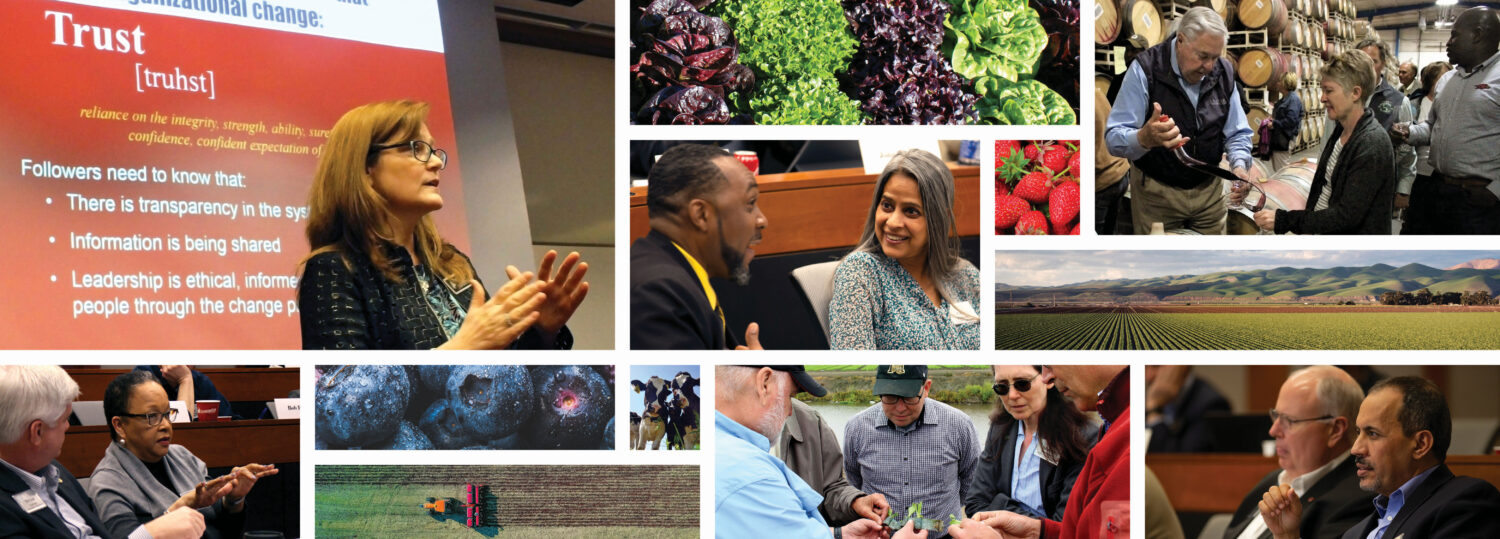
Program Overview of the FSLI Experience
The Food Systems Leadership Institute (FSLI) offers leadership development to upper-level leaders in higher education, government, NGOs, and industry. FSLI provides our Fellows with strategies to handle leadership challenges and opportunities for the future. The FSLI experience develops or reinforces a series of core leadership competencies identified by top-level leaders, including university presidents, chancellors, and leaders from industry and the non-profit sector who understand leadership requirements in food and agriculture.
The two-year FSLI experience includes three week-long residential sessions, personal leadership coaching, mentoring, an individual leadership project, a personal development plan, and distance learning activities.
FSLI is driven by three objectives:
• Enhance individual leadership performance, to improve the effectiveness of the individual in any leadership role
• Develop the skills and knowledge required to lead organizational change, in one’s own organization as well as larger systems
• Broaden perspectives of our complex food and agriculture systems.
FSLI Overarching Goals
Upon completion of the FSLI program, Fellows will be able to:
• Influence and commit to your organization’s values, goals, and strategic directions.
• Advocate for change within your organization.
• Serve broader and more diverse constituencies.
• Articulate a broad, integrated systems perspective focused on food, agriculture, health, humans, environments, communities, and economies.
• Be skilled at bringing together multiple constituencies to focus on major food and agriculture system challenges, issues, and opportunities.
• Create positive changes to impact the health of citizens, the environment, the economy, and local communities within your respective states/area.
“I am more aware of my strengths and limitations as a leader and therefore I am a better leader.”
—FSLI Fellow
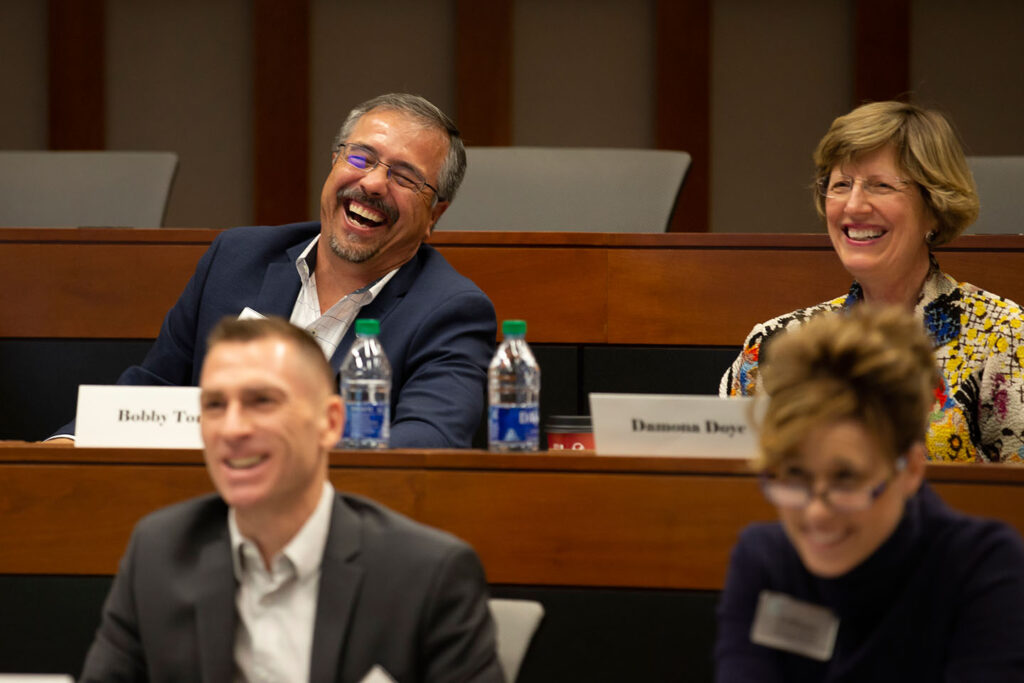
Who Should Attend
The FSLI is designed for experienced leaders from various sectors, including education, industry, NGOs, and government. Participant’s titles include provosts/vice presidents, department heads/chairs, deans and associate deans, program or division directors, and others working in high-level leadership capacities.
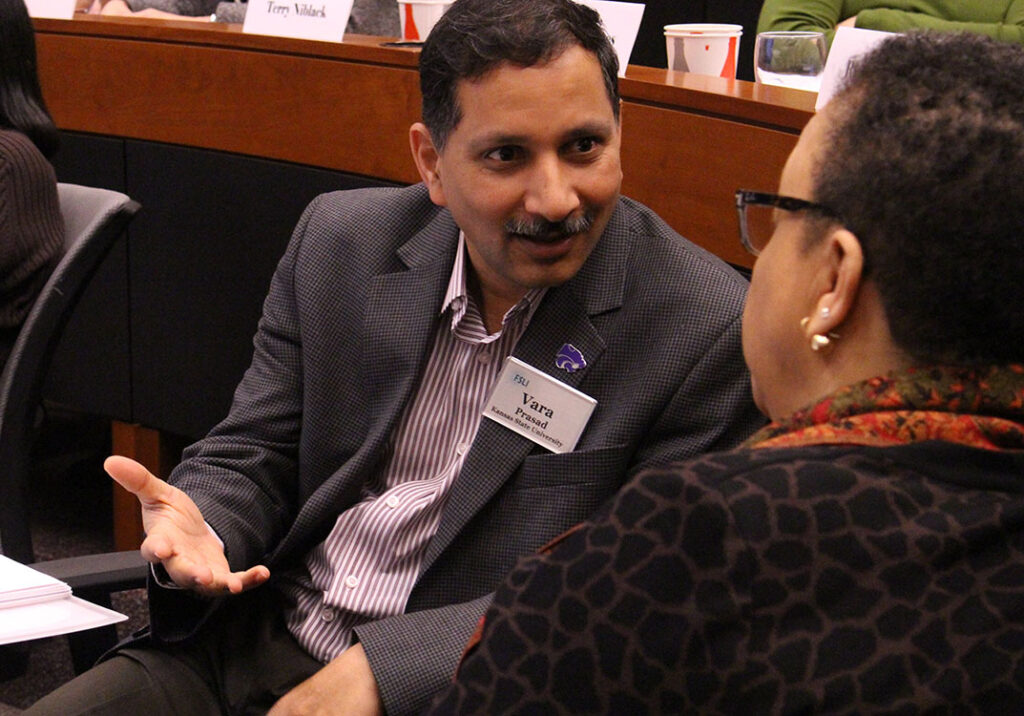
Mentoring
Each FSLI Fellow will work with one or more mentors who will assist with developing their leadership goals, objectives, and skills. The mentoring provides Fellows with ongoing expert guidance in developing specific skills, the opportunity to gain exposure to higher-level administrative responsibilities or strategic functions, and the chance to build a relationship with another dynamic professional.
Personal Leadership Coaching Sessions
All FSLI Fellows have regular access to an experienced executive coach certified in all the leadership instruments used by FSLI. Coaching provides fellows with individualized, one-on-one attention and the opportunity to discuss their strengths, weaknesses, or leadership challenges with a trained, confidential advisor.
Personal Development Plans (PDP)
Each Fellow will create a PDP that identifies personal goals and activities they wish to pursue. The PDP is a dynamic document that Fellows may change and update as ideas and skills are discussed and practiced over the course of the FSLI experience.
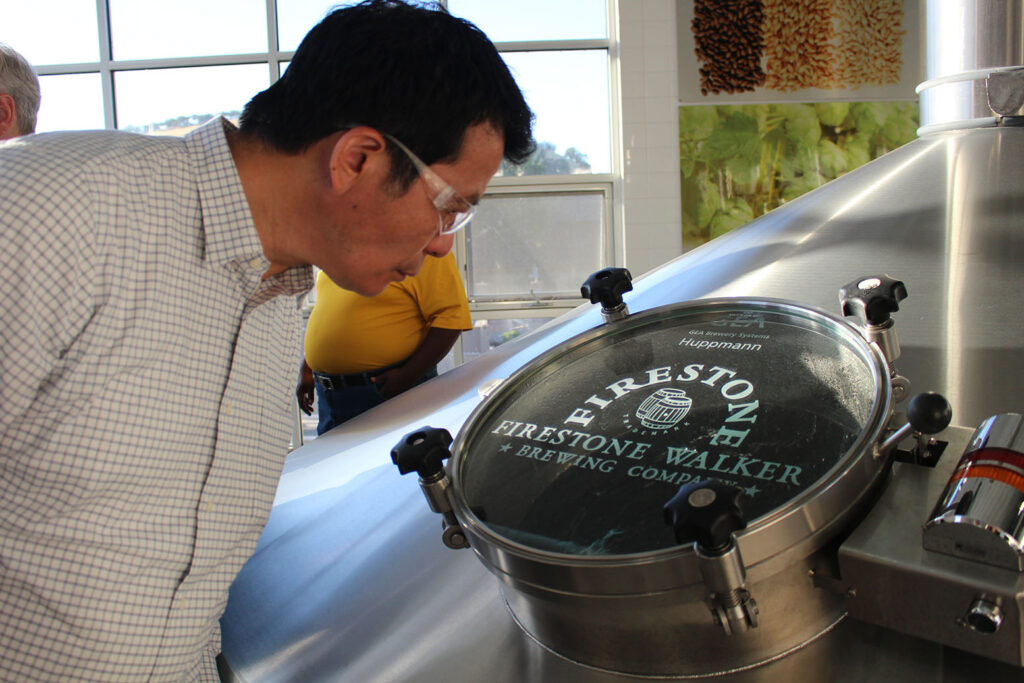
Distance Learning
Between residential sessions, the Fellows have access to a variety of webinars and discussions with a wide range of speakers and topics dedicated to leadership, organizations, and food systems.
Optional Activities
FSLI Fellows are invited to additional meetings or conferences, including the Association of Public and Land- grant Universities (APLU) Annual Meeting, and other learning and experiential opportunities during the FSLI program.
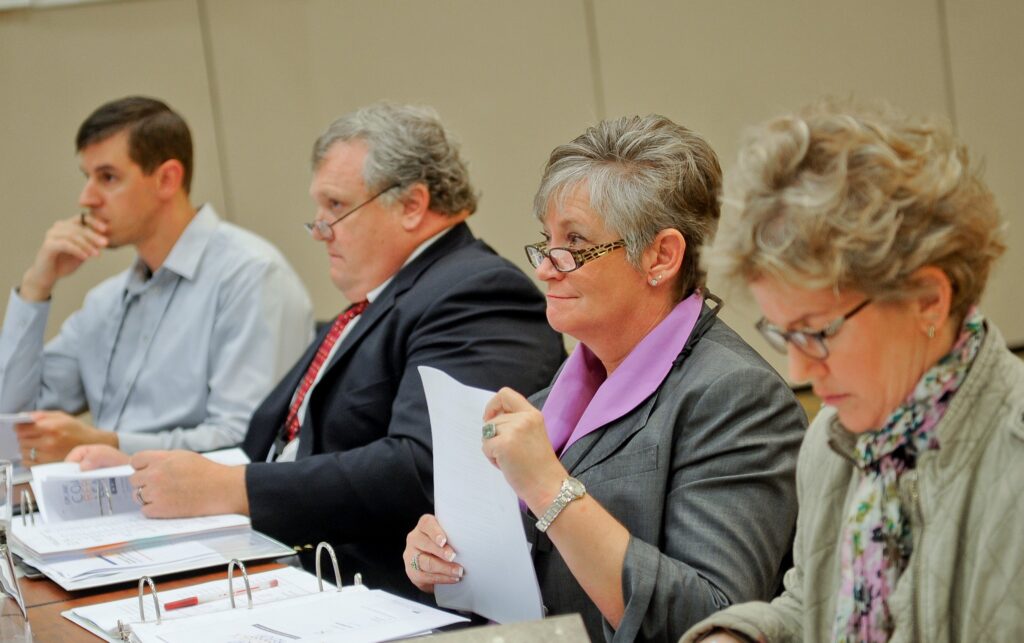
Residential Sessions
The FSLI hosts three week-long residential sessions that weave together the program objectives using case studies, simulations, conversations with leaders and subject-matter experts, and other executive-education-styled learning. The residential sessions are intensive to maximize the participants’ valuable time, but opportunities for networking and team-building among the Fellows are also provided. Sessions are hosted by FSLI partner institutions: North Carolina State University, The Ohio State University, and California Polytechnic State University, San Luis Obispo.
A series of leadership assessment instruments are incorporated into the sessions, including a “360 assessment” and other research-based instruments that enhance the leader’s self-understanding and performance.
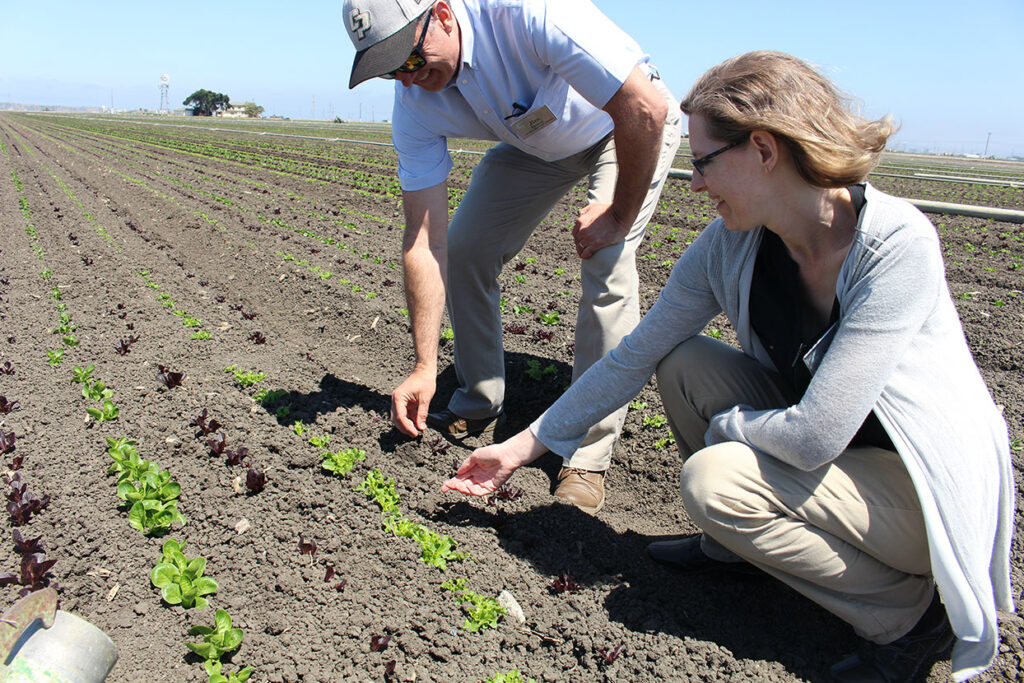
Leadership Projects
Each Fellow will undertake an individual leadership project directly relevant to their professional career and ambitions. Projects may incorporate personal leadership, organizational change, and food systems components, depending on the Fellow’s interests.
